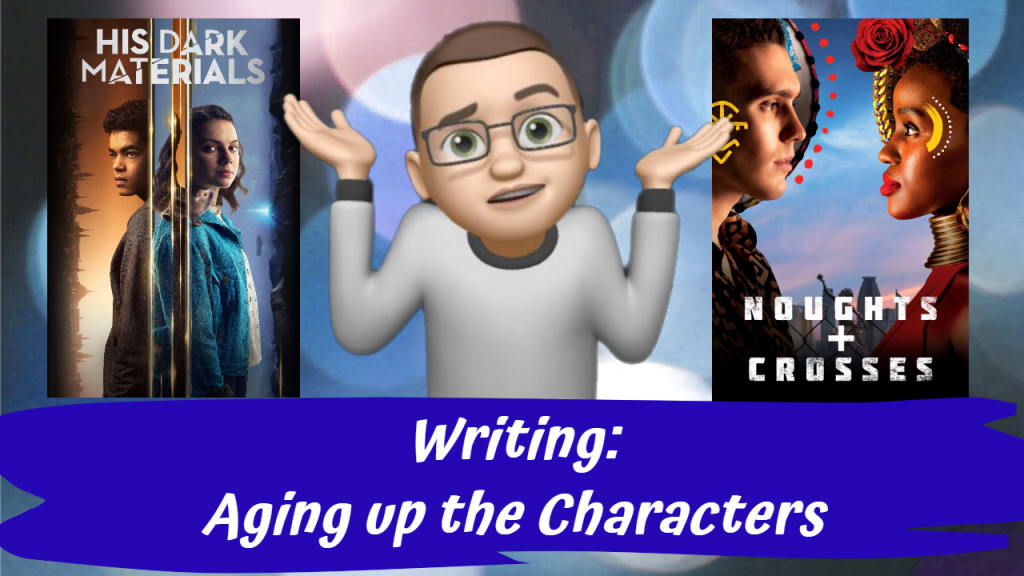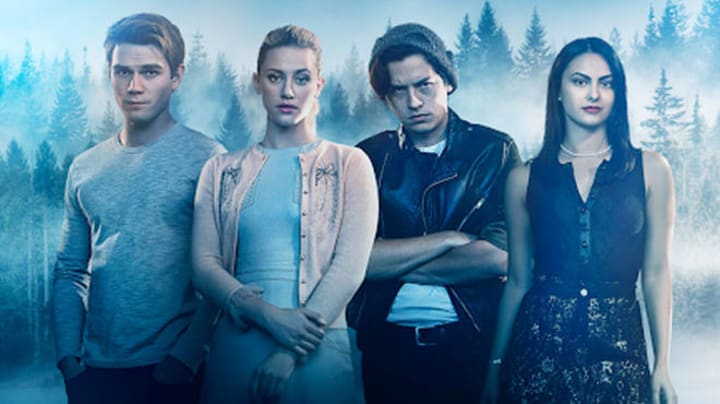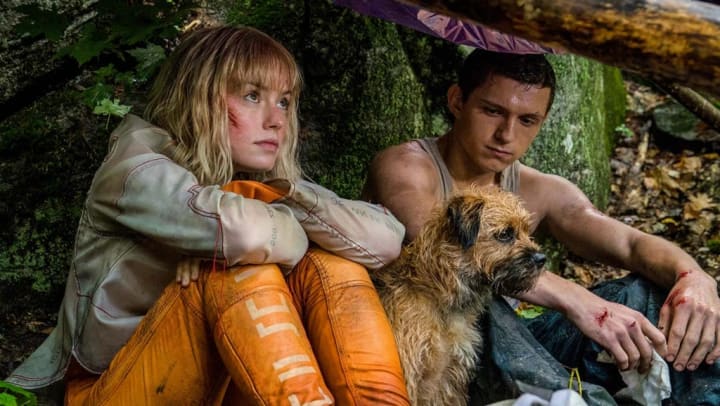
When adapting a work of fiction into a screenplay, it’s often that changes are made. Today, we’re looking at casting, specifically why some productions will sometimes cast an older actor to play a younger character or age up the character to coincide with the casting. It’s not uncommon to see older actors playing younger roles - actors who are in their twenties and older are usually cast in teenage roles.
Productions such as Riverdale, The Vampire Diaries and a large majority of YA film and television projects often choose this casting method than age appropriate casting and have done for decades.

This is usually for sensible reasons, often it can be a Pragmatic Adaptation decision to take into account factors such as child labour laws, educational needs (often a young cast needs regular tutoring on set) and how demanding a role may be for a younger actor. It is also likely to occur if something happens to the character within the source material which makes keeping them at their original age problematic even with changes to the script.
For this particular article, my main references will be BBC’s His Dark Materials and Noughts & Crosses which both decided to age up their leads. One to coincide with the actors and the other for the mature nature of the story.

In Philip Pullman’s trilogy, his protagonists are aged twelve during the first two books. In the TV series, it is confirmed that Lyra is thirteen going on fourteen and Will is fifteen. This aging up is more to coincide with the actors’ ages, but also allows for more emotionally complex scenes as both actors are more experienced in their craft.
Due to the fact that both Dafne Keen and Amir Wilson were in their teens while filming, the production was conscious of keeping their appearances consistent and filmed both season one and two back to back. As well as for writing and storyline purposes, the two seasons are closely linked together that any gaps in filming would have presented an issue for continuity.

With this in mind, the third and final season will have a three year time jump, which will see the characters older than their book counterparts to coincide with the maturity of the book’s plot alongside acknowledging the fact that both actors have aged during the gap between seasons two and three.
Aging up a character to match the actor brings with itself new challenges as a writer, because Lyra and Will as children compared to them as teenagers will naturally be different. Staying faithful to their characterisation is important, there’s that awareness that the reactions and dialogue moments will land differently with these characters - both of whom on the show and in the books had to grow up too quickly. So finding that balance of awareness and consistent characterisation is important.

There are also situations where casting older actors or aging up the characters is a decision based on the content. In Malorie Blackman’s dystopian, the reader sees the star-crossed lovers grow from childhood into adulthood. However, in the show we meet Callum and Sephy in their late teens (while being played by actors in their twenties) as they rekindle their relationship after a decade estrangement.
I go into my issues with this casting decision and the subsequent writing in a past review, but there is a storytelling issue here too. Masali Baduza and Jack Rowan’s casting was clearly rooted in wanting to portray the darker themes of the series, but there are moments where the characters show naivety, insensitive, ignorance and downright stupidity as the episodes progress.

In the book, that blissful ignorance or misguided naivety stemmed from the fact both Calum and Sephy were children, so that loss of innocence as they grow older made sense and we saw that ripple effect. However, having the characters be already young adults actually hindered this adaptation - whereas with this type of story, it should have improved it. Instead, I often found myself perplexed by the choices that characters who were almost adults were making. Often, the first season lacked awareness of the aging up of the leads and how that effected the plot.
I spotted a similar issue in the adaptation of Patrick Ness’ Chaos Walking, which again saw the characters aged up from children to young adults (this time being played by Daisy Ridley and Tom Holland), which often saw the characters speaking lines that came across as unnatural or reacting in a ways their book counterparts would have, despite the characters in the film being considerably older. The film would then go into very drastic (and sometimes jarring) dark or mature scenes, never finding the right balance of how to write or play these characters in a new light

For writing, age is definitely not a number. With it comes experience, memories, emotional maturity and varying responses to situations. Whether it’s an adaptation or your own original work, the age of the characters often lends much more weight to the story and how the characters develop throughout the plot. Whether it’s chronically the loss of innocence or the challenges of being an adult, these are the details that truly shape your protagonist.






Comments
There are no comments for this story
Be the first to respond and start the conversation.